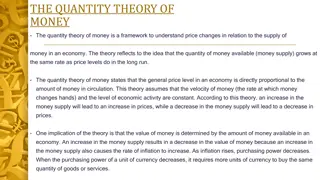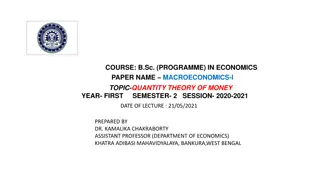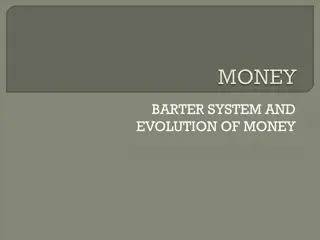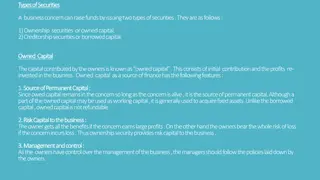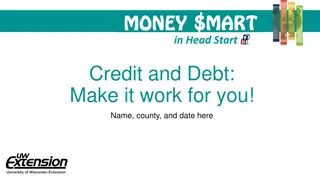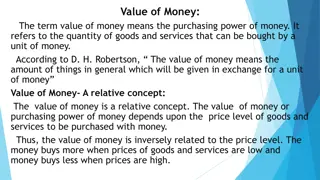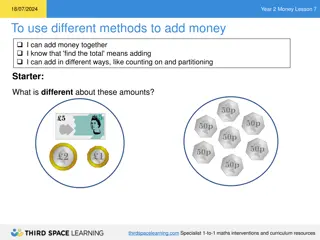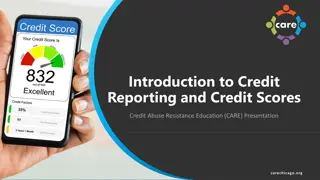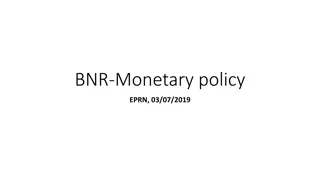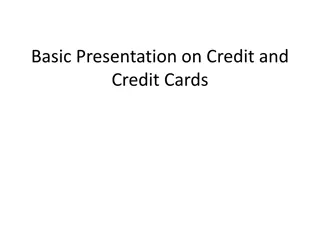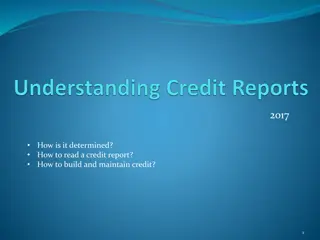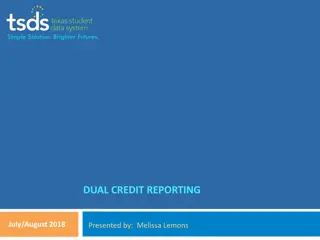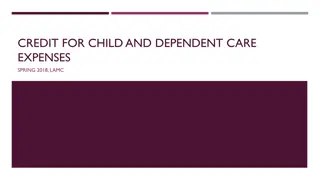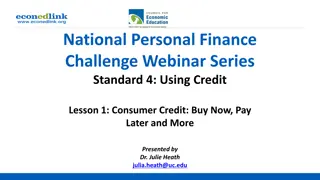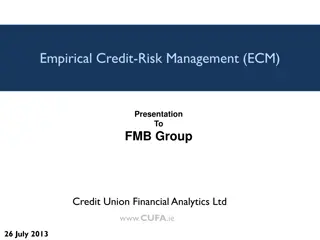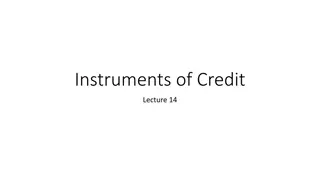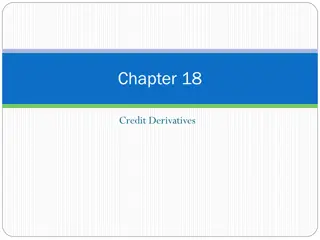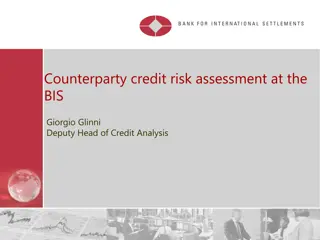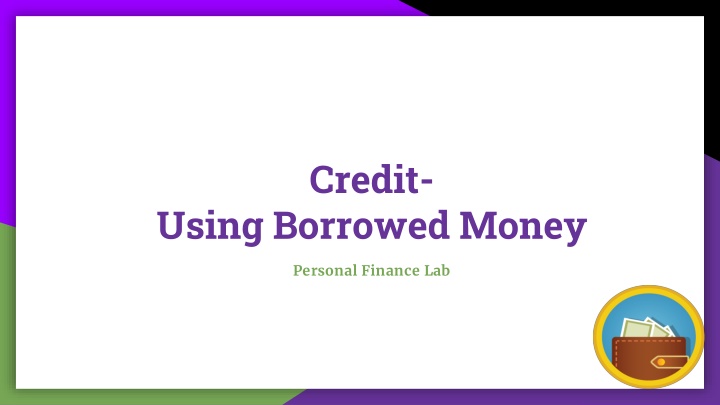
Credit and Borrowing: Your Guide to Personal Finance
Learn about credit, borrowing money, and managing personal finance with this comprehensive guide. Explore credit cards, mortgages, interest rates, credit limits, and more to make informed financial decisions.
Download Presentation

Please find below an Image/Link to download the presentation.
The content on the website is provided AS IS for your information and personal use only. It may not be sold, licensed, or shared on other websites without obtaining consent from the author. If you encounter any issues during the download, it is possible that the publisher has removed the file from their server.
You are allowed to download the files provided on this website for personal or commercial use, subject to the condition that they are used lawfully. All files are the property of their respective owners.
The content on the website is provided AS IS for your information and personal use only. It may not be sold, licensed, or shared on other websites without obtaining consent from the author.
E N D
Presentation Transcript
Credit- Using Borrowed Money Personal Finance Lab
Credit 101 Credit Credit is when you use borrowed money that you must pay back. The two forms we talk about are credit cards and mortgage Principle This is the amount of money that you need to re-pay. This includes the amount you originally borrowed, plus any extra interest. Interest Rate This is how much you are charged for the right to use borrowed money. This is an annual interest rate. Credit Limit Your credit limit is the total amount you are allowed to borrow. Grace Period This is the time between when you borrow money and when interest begins to be charged on the principle. Minimum Payment This is the least amount you can pay back per month before your credit card company considers you defaulting on your debt. This is a percentage of your total principle balance.
How it works? Credit is based on trust. You, as the borrower, ask a lender for a line of credit , or the ability to borrow money to use for your own needs, and you promise to pay it back. The lender will agree, with certain terms and conditions Credit Terms Your credit terms refers to how much you can borrow, and how expensive it is to borrow. Having good credit means, that you have higher credit limit, lower interest rates and other perks like rewards, cash back or flight miles. How to improve your terms The best way to improve your terms is by using your card and paying it back on time. Creditors are trusting you when they loan you money and if you pay the loan back on time it builds trust and they will give you more benefits.
Credit Card Here is the breakdown and process of using a credit card: You want to buy a new TV that costs $300 You open a principle balance of $300 You have a $300 credit limit so, you have reached your limit You buy the TV! You have a grace period, normally 3-4 weeks, to pay back the $300 without interest After 3 weeks, the interest rate is applied to the $300 You must make a minimum payment on your card to remain in good standing
A Mortgage A mortgage is when you borrow a large amount of money for a specific reason, usually to buy a house. When you take out a mortgage, the thing that you are buying becomes collateral in the loan, meaning that if you fail to pay back, the creditor can take your house. Mortgaged usually have lower interest rates and higher credit limit. There are two different types of Mortgages Fixed Rate Mortgage This is when your interest rate stays the same throughout the lifespan of your loan. This is good because it is predictable but, often is at a higher fixed rate. Adjustable- Rate Mortgages This is when your interest rates change with the market, either going up or down. This is good because often the rates are lower but, it is more unpredictable.
Other Impacts on Credit Extra Fees There may be some extra fees with your credit payments that often forgot about but add up quickly Income If you have a higher income you will have lower rates and higher credit limits. Interest Rate Calculation Some creditors will make one calculation per month, others will charge per day. These differences can make a big impact on how your payments work If there are monthly calculations, you benefit by making a big payment once per month right before the calculation. If it is daily, you benefit most by making many smaller payments throughout the month.

